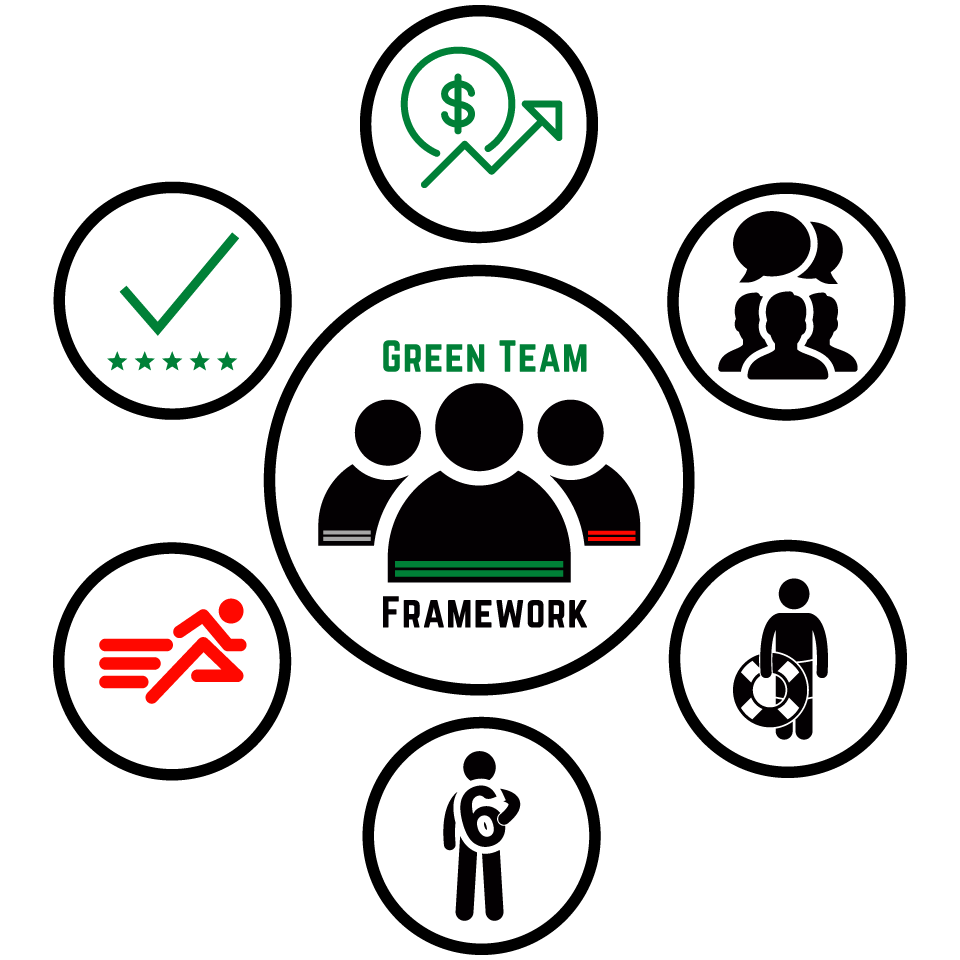
Over the years working with many teams I’ve experienced the highs and lows of training sessions. Recently, while discussing strategies with a coach, he expressed his frustration about the inconsistency in his team’s practice sessions. It’s a common challenge when working with high school athletes, where moments of sharp focus can swiftly shift to distraction and sloppiness.
Lesson 1: The Ebb and Flow of Practice
It’s natural for practices to have their ebbs and flows. One day, everything might click seamlessly, while the next, it feels like herding cats. Understanding and accepting this rhythm is crucial. While it’s tempting to address every hiccup, it’s important not to let our sessions become solely reactive.
Lesson 2: Embrace the Power of Consistency
Having a clear plan is essential, but flexibility is equally important. Due to the coach’s current frustrations, I contemplated a change in a session’s focus, but I opted to stick to my original plan. This decision proved valuable, emphasizing the significance of consistency in coaching.
Consistency is the cornerstone of progress. While it’s tempting to shift focus based on immediate concerns, there’s immense value in sticking to the plan. In my recent experience, I grappled with the decision to pivot our session towards honing focus and consistency but ultimately chose to stay the course with our original agenda.
This decision proved to be a pivotal moment of revelation. It reinforced the vital lesson that sometimes, the most effective approach is to persevere with the original plan. Here’s why:
- Building Trust and Routine: Consistency breeds trust among athletes. When they know what to expect, they can settle into a routine, which in turn, fosters a sense of security and confidence.
- Reinforces Accountability: When we stick to our planned agenda, it reinforces the importance of accountability. It shows our athletes that we take our commitments seriously, and in turn, encourages them to do the same.
- Long-term Skill Development: Consistent, focused training sessions contribute to long-term skill development. It allows for a gradual, steady progression, ensuring that the fundamentals are firmly ingrained before moving on to more complex techniques.
- Mental Conditioning: Practicing consistency in training sessions helps instill mental fortitude in athletes. They learn to stay committed and engaged, even when faced with challenges or distractions.
- Establishes a Culture of Discipline: Consistency sets a standard of discipline within the team. It emphasizes the importance of showing up, putting in the effort, and respecting the process, all of which are fundamental aspects of athletic success.
While there are certainly moments that warrant immediate attention, maintaining a steady course in coaching can yield remarkable results. It demonstrates to athletes that success isn’t just about reacting to the urgent, but also about adhering to a structured plan that prioritizes their growth and development. In doing so, we empower them to not only excel on the field but also in life.
Lesson 3: Elevate the Whole to Elevate the Part
“elevating them will elevate that” – This insight struck me as I reflected on the coache’s challenges. Yes, we want to improve focus and consistency, but the key lies in uplifting the players as a whole. Better individuals make better athletes. Encouraging holistic thinking, intentional attention to detail, and nurturing leadership qualities has a cascading effect, enhancing all aspects of their performance.
Lesson 4: Addressing Immediate Pain Points
There are times when immediate attention is required. Here are two scenarios when adjusting your leadership approach is crucial:
- Significant Distraction: When a pain point becomes so prominent that it disrupts everything else, it demands immediate attention. In such cases, it’s imperative to address the issue directly to restore focus.
- Player Communication: If athletes communicate that a specific area is consuming them mentally, it’s a signal that it needs addressing. Their well-being and mental state are paramount for effective coaching.
Lesson 5: Balancing Act
While there are instances when immediate action is necessary, it’s vital to maintain the overall leadership plan. Focus on the individual, not just the immediate pain point. Strive for a balance between reactive responses and planned development.
Finding Your Coaching Equilibrium
Navigating the challenges of coaching athletes requires a delicate balance. By embracing the ebb and flow of practices, staying adaptable, and prioritizing the holistic development of players, coaches can unlock their team’s full potential. Address immediate pain points when necessary, but remember, better individuals make better athletes. Strive for that equilibrium, and watch your team soar to new heights.
Have fun and #LeadEmUp




